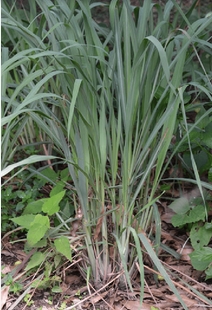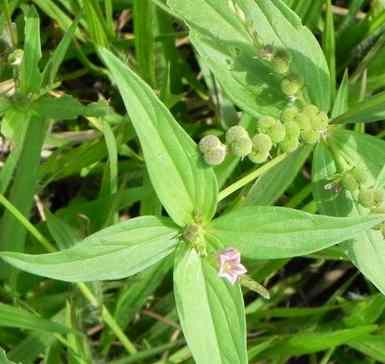
support@yorubalibrary.com
+2348073529208, 07038599574

Cymbopogon citratus, commonly known as lemongrass or Ewe Tea/Koriko Oba in Yoruba, is a highly valued plant in Yoruba traditional medicine. This aromatic herb has been used for centuries for its numerous health benefits and medicinal properties. In this article, we explore the uses and medicinal value of Cymbopogon citratus, highlighting its significance in Yoruba culture.
Key Facts
Category: Leaf
Botanical Name: Cymbopogon citratus
Common Name: Lemon grass
Yoruba name: Koriko-oba
Igbo Name: Nche awula
Hausa Name: NIL
Historical Significance of Cymbopogon Citratus
In Yoruba culture, Cymbopogon citratus is cherished for its therapeutic properties. Yoruba herbalists have long utilized its leaves to treat a wide range of ailments, making it a staple in natural remedies.
Health Benefits of Ewe Tea
Digestive Health
Cymbopogon citratus is well-known for its positive effects on digestive health. It helps alleviate indigestion, bloating, and constipation, promoting a healthy digestive system.
Antimicrobial and Antifungal Properties
Lemongrass has strong anti-microbial and antifungal properties. It is used to fight infections and inhibit the growth of bacteria and fungi, making it an effective natural remedy for various infections.
Anti-inflammatory and Antioxidant Benefits
The anti-inflammatory and antioxidant properties of Cymbopogon citratus help reduce inflammation and combat oxidative stress. These benefits are crucial in treating chronic conditions and supporting overall health.
Uses of Ewe Tea in Yoruba Traditional Medicine
Treatment of Digestive Disorders
Yoruba traditional healers use Cymbopogon citratus to treat various digestive issues. Herbal infusions made from its leaves help alleviate conditions like indigestion and constipation.
Management of Fever and Colds
Lemongrass is used to manage fever and colds. Its natural compounds help reduce fever and relieve symptoms of the common cold, such as congestion and sore throat.
Pain Relief
Cymbopogon citratus is also used for its analgesic properties. It can help alleviate pain from headaches, muscle aches, and other painful conditions.
Want to treat common ailments such as Malaria, Cough, Measles, Typhoid, Pile etc naturally without spending much? Grab a copy of Authentic Herbal Solutions: 15 Common Ailments & Their Natural Cures. A practical eBook recommended for everyone regardless of tribe, religion or association. Order below or Download sample here
AUTHENTIC HERBAL SOLUTION #4KOne Yoruba proverb says "Bí olóde ò kú, òde rè kì í wu Gbégi". Do you know that Gbégi is actually a leaf/plant? Get Yoruba Proverbs on Plants and Herbs, which is a collection of Untold Wisdoms Hidden in Leaf and plants comprising their Life Applications & Moral Teachings. Order below or download sample here
YORUBA PROVERBS ON PLANTS #4KHow to Use Cymbopogon Citratus
Herbal Infusions
Herbal infusions made from the leaves of Cymbopogon citratus are commonly used to treat digestive disorders, fever, and colds. Boiling the leaves in water and drinking the resulting liquid provides medicinal benefits.
Essential Oil
Lemongrass essential oil, extracted from the leaves, is used for its antimicrobial and pain-relieving properties. It can be applied topically to the skin or used in aromatherapy to relieve various symptoms.
Topical Applications
For pain relief and skin conditions, the essential oil of Cymbopogon citratus can be diluted and applied directly to the affected area. This method allows the beneficial compounds to penetrate the skin and provide relief.
Conclusion
Cymbopogon citratus is a cornerstone of Yoruba traditional medicine, celebrated for its wide range of health benefits. Its ability to support digestive health, fight infections, and provide pain relief underscores its importance. Incorporating this versatile herb into daily life can enhance health and well-being, continuing a rich tradition of natural healing.
Have you heard of our Yoruba Herb Dictionary? This contains names of Yoruba Leaf, Roots, Barks, Characteristics, Properties & Identification with HD Pictures. Order below or download sample here
A-Z HERBS & LEAF DICTIONARY #4K
Know more about the Yoruba traditional uses and he…

Learn about Ewe Aran, a potent Yoruba medicinal le…